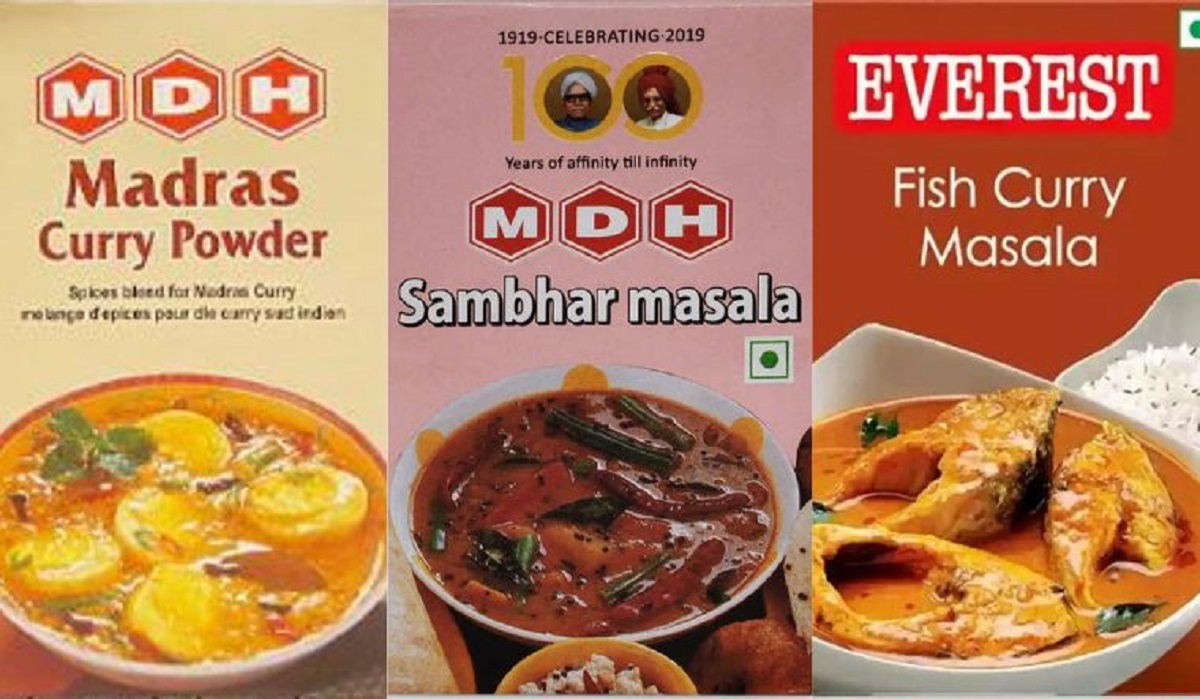
Food regulators in both Hong Kong and Singapore have directed vendors to remove the banned products from shelves
In a recent development, authorities in Hong Kong and Singapore banned the sale of popular Indian spice brands, MDH and Everest, due to high levels of ethylene oxide, a known carcinogen, found in samples. This revelation has sparked concerns about the safety of spices available in the Indian market.
The detection of ethylene oxide in Indian spice brands highlights the lack of rigorous testing and enforcement of food safety regulations. While guidelines were issued by the Union Ministry of Commerce and Industry’s Spices Board in 2021 to prevent contamination, there is limited indication of their implementation for domestically consumed spices.
FSSAI’s Response and Consumer Safety
The Food Safety and Standards Authority of India (FSSAI) acknowledges the ban on ethylene oxide in food products in India and claims to have stringent norms in place. However, routine surveillance does not include testing for this contaminant. Recent events have prompted FSSAI to conduct safety tests on spice samples, with results expected soon.
Data from FSSAI reveals alarming statistics regarding non-conforming food products in the market. Over the past two years, a significant portion of tested samples were found to be unsafe or substandard. However, experts argue that most tests focus on adulteration rather than contamination, due to resource constraints.
Policy and Law Enforcement Challenges
While FSSAI takes legal action against violators, experts question the efficacy of enforcement measures. Existing laws lack transparency regarding non-conforming products, and the responsibility of product recall falls on business operators. Despite regulations in place, loopholes persist, contributing to inadequate enforcement and public health risks.
Experts emphasize the need for a more robust regulatory framework and enhanced monitoring mechanisms to ensure food safety. While regulations exist, effective implementation and public oversight are crucial in addressing ongoing challenges in India’s food safety landscape.




